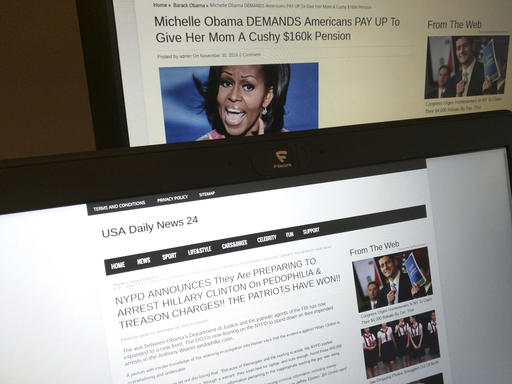
Suggestions for media outlets and educators
Following an appearance on the podcast On Point with Tom Ashbrook about "The Origins And Implications Of Fake News," Journalism Ethics Director Sally Lehrman heard from Natalie Wickman, a reporter at the News-Gazette in Champaigne-Urbana, Illinois. A recent graduate of Marquette University, Wickman was intrigued by Lehrman's comments and the work of the Center's Trust Project, which designs tools to help readers, media outlets, and distribution platorms surface quality journalism.
Wickman began, as she says, "thinking of tweaks the news media could make to improve audience trust. I understand that I'm new to the professional side of the field but my perspective is informed by what I've seen from my Millennial peers."
We thought Wickman's suggestions were definitely worth considering. She writes:
- I think items such as editorials, opinion columns, letters to the editor and political endorsements could be more clearly indicated in addition to headline labels. We could continuously define what they are, how they're made and why they're done - I've seen Millennial readers especially confused about this. I suggest adding a definition note before the article, with a reminder of how editorialized items are kept separate from the reporting process.
- Something I hear a lot from people my age and younger (even a 10-year-old said this to me) is that they avoid news consumption because they know it will make them sad. I'm no stranger to the realities of mental health variations in every person. Still, we don't stop history teachers from teaching about wars because it might make their students sad. I'm wondering if something can be done about this, maybe some sort of advocacy or campaign to encourage being informed. It could include representatives from the mental health, news and education side of things. Maybe in unhappy articles we could list numbers for mental health hotlines or places people can go to talk about how the article made them feel.
- As mentioned in the radio show you were on, the country could use education on effective ways of news consumption, how to know which outlets are legitimate and identifying when advertisements are disguised as journalism. Also, knowing what "the media" actually means. I'm going to attend a local school board meeting and propose this during public input. Maybe news outlets or The Trust Project could partner with schools or education organizations that have a big reach.
